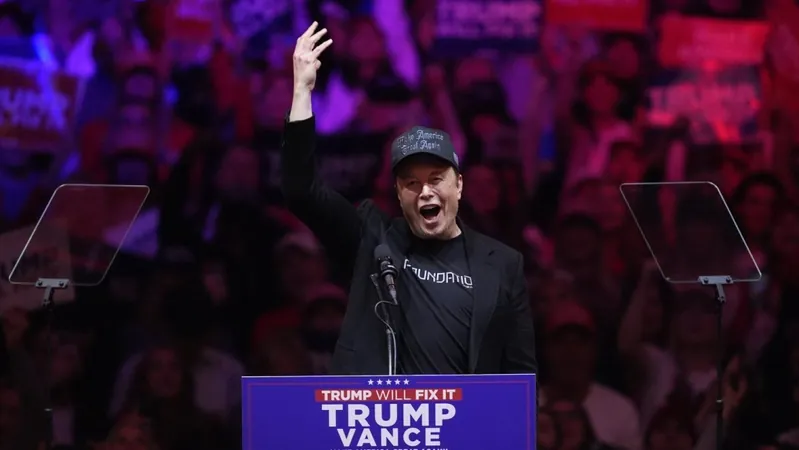
PA Court Greenlights Elon Musk's Controversial $1 Million-a-Day Voter Lottery Ahead of Election
2024-11-05
Author: Charlotte
Introduction
In a striking decision that has caught national attention, a Pennsylvania judge has ruled that Elon Musk's political action committee (PAC) can continue its $1 million-a-day voter sweepstakes through the presidential election on Tuesday. This ruling came despite accusations from Philadelphia District Attorney Larry Krasner that the initiative is a deceitful strategy aimed at swaying election outcomes.
The Ruling
The sweepstakes, which Musk originally launched to encourage participation among voters in crucial swing states, has been marred by controversy since its announcement. Judge Angelo Foglietta had little to say regarding his ruling but allowed the contest to proceed, dismissing claims from Krasner that the promotions constituted a violation of state election laws.
Controversial Practices
Musk's legal team clarified that winners of the daily prizes are not chosen randomly; rather, they are pre-selected individuals identified as paid spokespeople. This revelation raised eyebrows, particularly among skeptics who question the legitimacy of the program. Chris Gober, a lawyer representing Musk, explained that the last two winners would be announced in Arizona and Michigan, asserting, “We know exactly who will be announced.”
Skepticism and Criticism
The orchestrators of the sweepstakes claim that recipients undergo a vetting process to ensure alignment with the committee’s values, but this has only deepened skepticism. Krasner criticized the initiative as a “grift” masquerading as a promotional lottery, designed to exploit citizens’ participation to promote their political agenda. He highlighted that three winners from Pennsylvania were chosen in the days leading up to the state's voter registration deadline on October 21, suggesting the motivations behind the program are anything but altruistic.
Transparency Concerns
Adding to the intrigue, the PAC imposed nondisclosure agreements on recipients, preventing them from revealing the specifics of their awards. This raised further questions about transparency and integrity. Krasner's legal team pressed Musk’s representative to clarify the language of “chance” and “randomly,” which Musk had used in promising a daily give-away during an event alongside Republican presidential nominee Donald Trump.
Political Motivations
With the election nearing, Musk has reportedly committed over $70 million to support Trump and other Republican candidates, making it evident that his outreach is politically motivated. As the sweepstakes comes to a close, concerns linger over potential data misuse from the million-plus participants who signed a petition endorsing constitutional rights, specifically regarding free speech and the right to bear arms.
Legal and Ethical Implications
Despite the judge's ruling, Krasner remains vigilant, suggesting that there could still be criminal implications, indicating that the case could represent a challenge not only to the integrity of the electoral process but also to consumer protections in contests of this nature.
Conclusion
As America heads toward this pivotal election, the stakes couldn’t be higher, with Pennsylvania’s 19 electoral votes hanging in the balance. Musk’s actions, including his connections with Tesla and the social media platform X, where promotional material for the sweepstakes was shared, ensure his influence remains a topic of hot debate. As citizens prepare to cast their votes, the interplay of money, politics, and technology continues to raise eyebrows across the nation. Will Musk's lottery prove to be a game-changer, or will it backfire in the eyes of the electorate? Only time will tell!
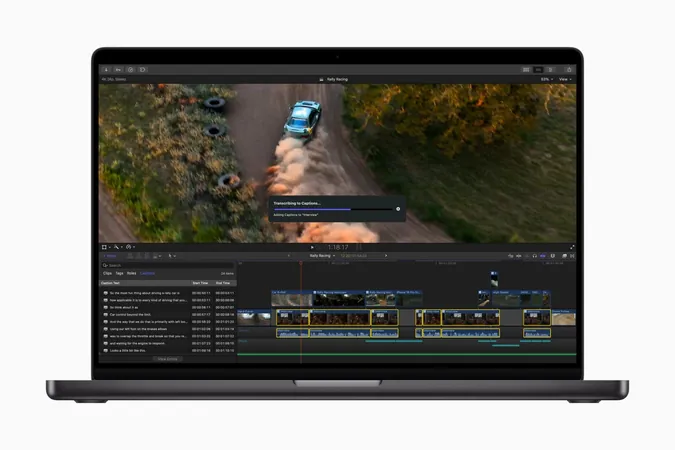

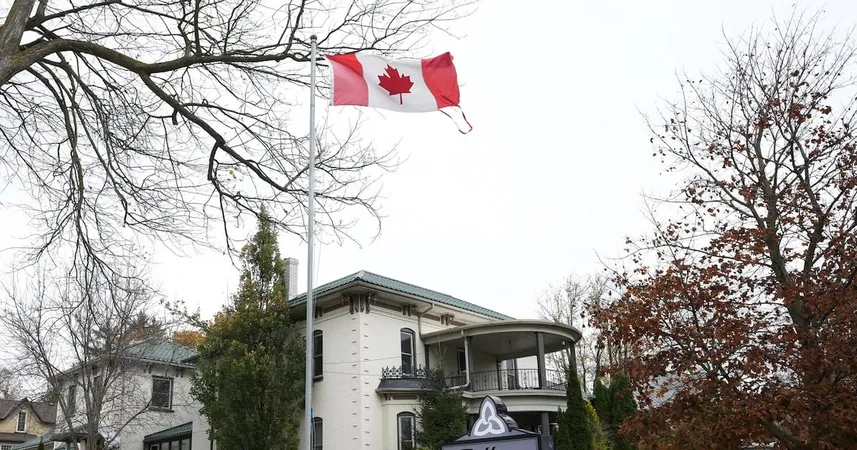
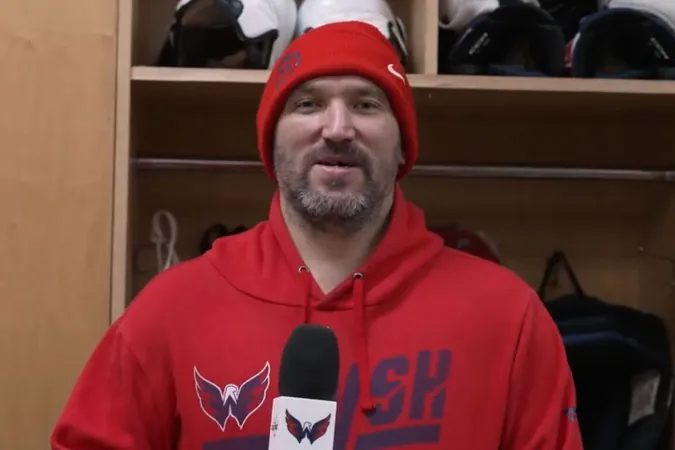
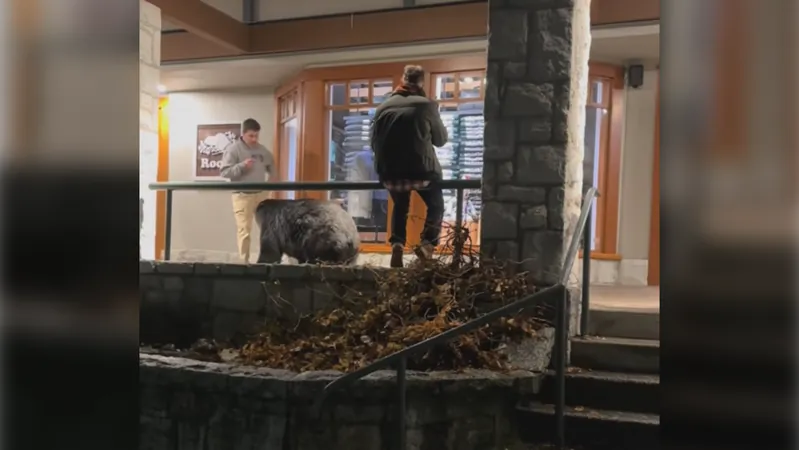
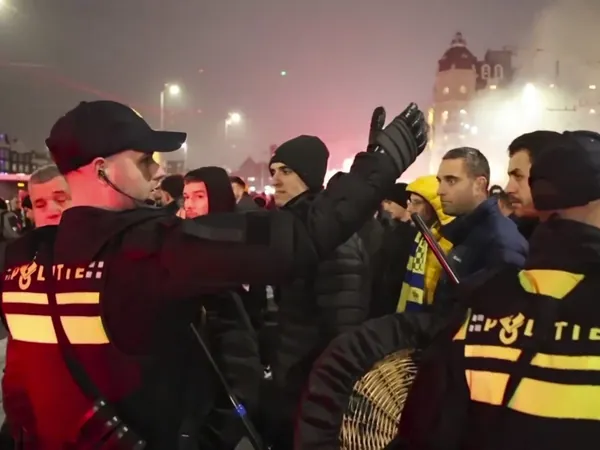
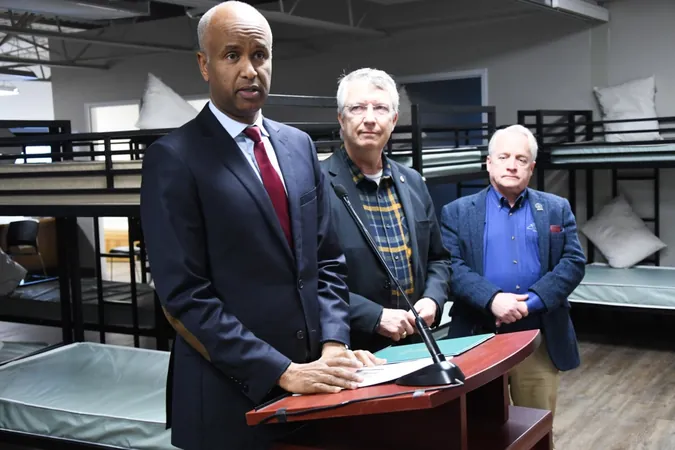
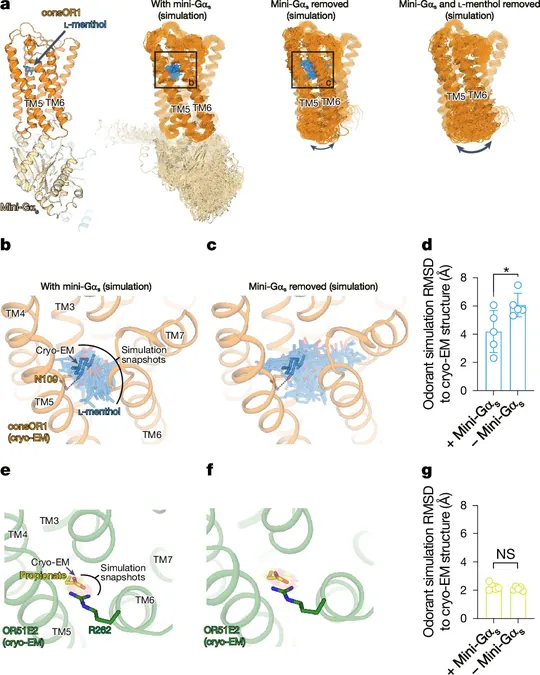
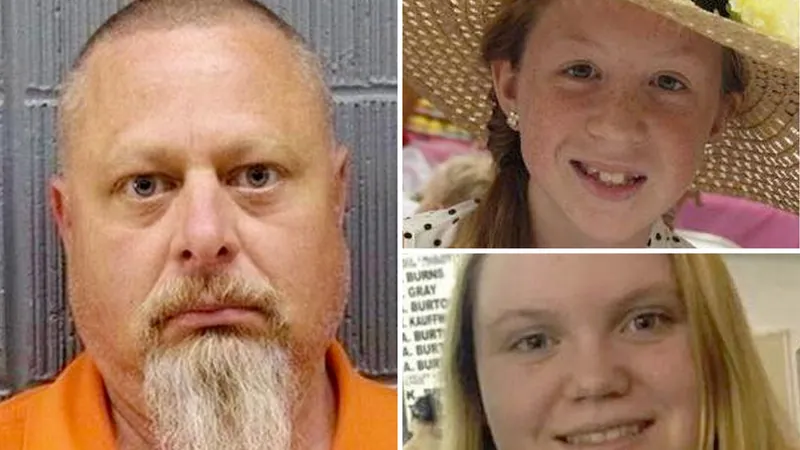
 Brasil (PT)
Brasil (PT)
 Canada (EN)
Canada (EN)
 Chile (ES)
Chile (ES)
 España (ES)
España (ES)
 France (FR)
France (FR)
 Hong Kong (EN)
Hong Kong (EN)
 Italia (IT)
Italia (IT)
 日本 (JA)
日本 (JA)
 Magyarország (HU)
Magyarország (HU)
 Norge (NO)
Norge (NO)
 Polska (PL)
Polska (PL)
 Schweiz (DE)
Schweiz (DE)
 Singapore (EN)
Singapore (EN)
 Sverige (SV)
Sverige (SV)
 Suomi (FI)
Suomi (FI)
 Türkiye (TR)
Türkiye (TR)